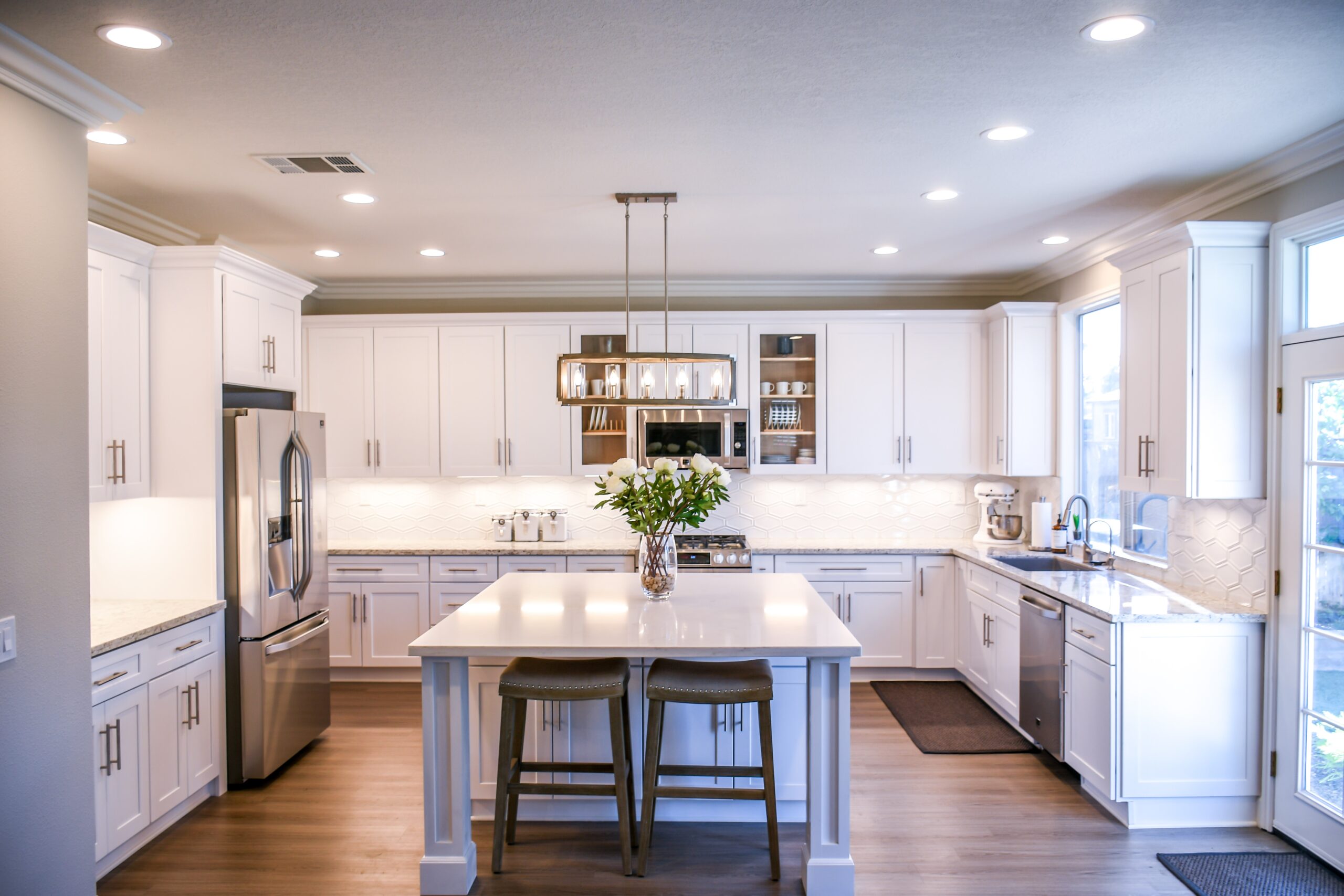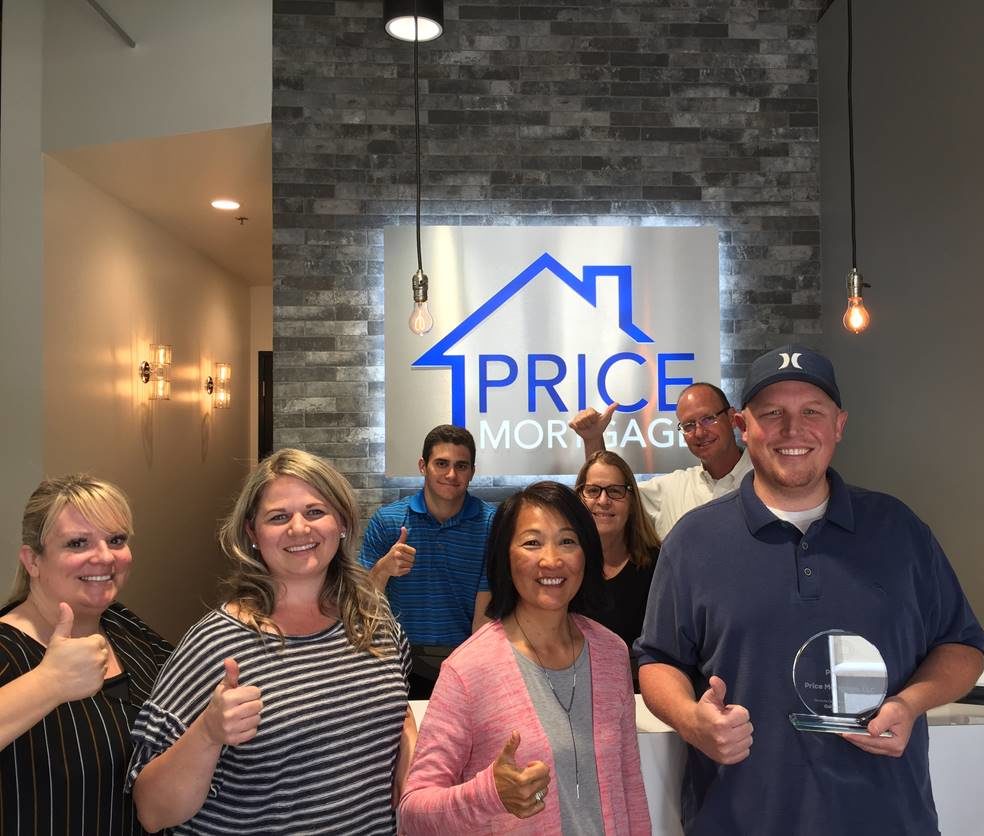As a local mortgage broker, It’s a question we hear a lot. And trust us, we get it – if this is your first time purchasing a home, the entire process can seem intimidating.
Maybe you’re feeling uncertain about where to begin, questioning whether your credit score is sufficient, or second guessing whether purchasing a home is the appropriate financial choice for you and your family.
It’s completely understandable, too. No one wants to put all that effort in only to be heartbroken be not finding the right home, or being denied financing. But don’t let that stop you!

Owning a home provides a level of stability and security that renting just can’t match. No longer do you have to worry about landlords, pet policies, or rent hikes. You’re also free to make home improvements and additions at your discretion! Do you want to paint your bedroom walls hot pink? Go for it!
Homeownership is also a great long-term financial investment. Historically, home values have tended to appreciate, which can translate to significant financial gain when it’s time to sell your home. You can use your equity to buy a new home or invest in other opportunities, giving you more options and flexibility when the time comes.
If you’ve been feeling like you’re ready for homeownership, you probably are getting close!
Today we’re going to share some helpful tips that will help you know if you’re ready to purchase your first home.
(And if you’re not ready yet, you’ll know what you need to do!)
Let’s dig in.
6 Ways You Know You’re Ready for Your First Home
Only you can say for sure whether you’re ready for homeownership. As we mentioned above, if it’s been heavily on your mind lately, you’re probably in a good place to start researching your options, at the very least. You may be surprised to discover that you’re more prepared for homeownership than you realized!
Below are some indicators that you’re more than prepared to embark on the exciting journey of purchasing your very first home!
1. You’re Financially Stable
Before taking the leap into homeownership, it’s important to have a good financial foundation. While we have access to many different loan programs that have different guidelines, you’ll need a stable source of income, good credit, manageable debt, and savings to cover the upfront costs of purchasing a home.
Your credit score is one of the key factors that lenders look at when determining your qualification status. Generally, the higher your score, the better your terms will be – such as lower interest rates, down payment requirements, etc. It’s important to note that different loan programs have different credit score requirements, your loan officer can help you put together a personalized plan.
It’s also important to have a steady employment history and a reliable source of income. Lenders will carefully evaluate your income and employment records to determine whether you’re able to make consistent, timely mortgage payments.
2. You Know How Much You Can Afford
Before you even think about looking at homes or putting in offers, you need to figure out how much home you can afford. This involves taking a close look at your income, expenses, and lifestyle. Getting pre-approved with a mortgage broker will help you figure out a budget and what you’re approved for, giving you an exact price range to look for when buying a home.
When considering your affordability, lenders will take into account your debt-to-income(DTI) ratio. Your DTI ratio is the percentage of your monthly income that goes towards paying off debts and liabilities, such as credit cards and car loans. Most loan programs have a max DTI ratio, so the lower the better!
You’ll also need to factor in other expenses, like property taxes, homeowner’s insurance, and maintenance costs. These expenses add up fast, so it’s important to fully understand the full costs of homeownership before making a commitment.
3. Owning a Home Aligns With Your Other Long-term Goals

On the other hand, if you’re strictly looking for stability and security in your living situation, homeownership can provide a sense of permanence and comfort. It’s important to weigh the benefits of owning a home versus the flexibility of renting.
It’s also worth thinking about the potential financial benefits of homeownership, such as the long-term appreciation of your home’s value. While this isn’t a guarantee, historically, homes tend to increase in value over time.
4. You’re Educated On The Current Real Estate Market
You don’t want to go into this process blindly, by researching different neighborhoods, property values, and local trends can help you gain a better understanding of what to expect when looking for a home.
When evaluating neighborhoods, you should consider factors such as safety, nearby restaurants and amenities, and school districts. With budget in mind, look for areas that align with your lifestyle goals – after all you will be living here every day! You can also research property values in the area to get an idea of what homes in your desired location typically sell for and what you can expect to pay.
While you never want to make your decisions soley based on current interest rates, it’s important to know where they are at. While we all want to purchase when rates are low, keep in mind you can always refinance down the road. More important than rates is finding a home you love that’s in budget.
5. You Have a Great Team Behind You

A local mortgage broker like us can help you understand the different types of mortgage loans available, help you get pre-approved for a loan, and guide you through the underwriting process. We’ll help you understand the entire loan process and associated costs of homeownership.
It’s always a good idea to work with a loan officer and realtor that have worked together in the past as they can provide a seamless home buying experience and ensure that all aspects of the transaction are handled efficiently. Additionally, having a knowledgeable real estate agent on your team can help you avoid common pitfalls and make the home buying process smoother and more enjoyable.
In addition to these professionals, having a strong support system of family and friends can also be helpful during the home buying process. They can offer emotional support and advice based on their own experiences with homeownership.
6. You’re Aware of The Additional Responsibilities
Owning a home comes with additional responsibilities beyond the initial purchase. It’s important to be prepared for these responsibilities, such as maintenance and repairs, before deciding to buy a home.
Maintenance and repairs can be costly and time-consuming, so it’s essential to have either the skills or resources to handle them. If you’re not handy with tools or don’t have the time to handle maintenance and repairs yourself, you may need to hire professionals to help.
In addition to maintenance and repairs, homeowners also need to be prepared for unexpected expenses, such as emergency repairs or home renovations. Having a rainy day fund or emergency savings account can help you cover these unexpected expenses without having to dip into your regular budget.
So Are You Ready to Purchase a Home?
We hope this post has helped you determine if you’re ready to become a homeowner.
If you have any questions or want to take the next step in getting pre-approved, please give us a call or contact us. We’re always here to help make the home buying process as smooth and stress-free as possible.
Not Sure Where To Start?
That's okay. Let us build a custom loan program around your needs and budget.
Contact Us